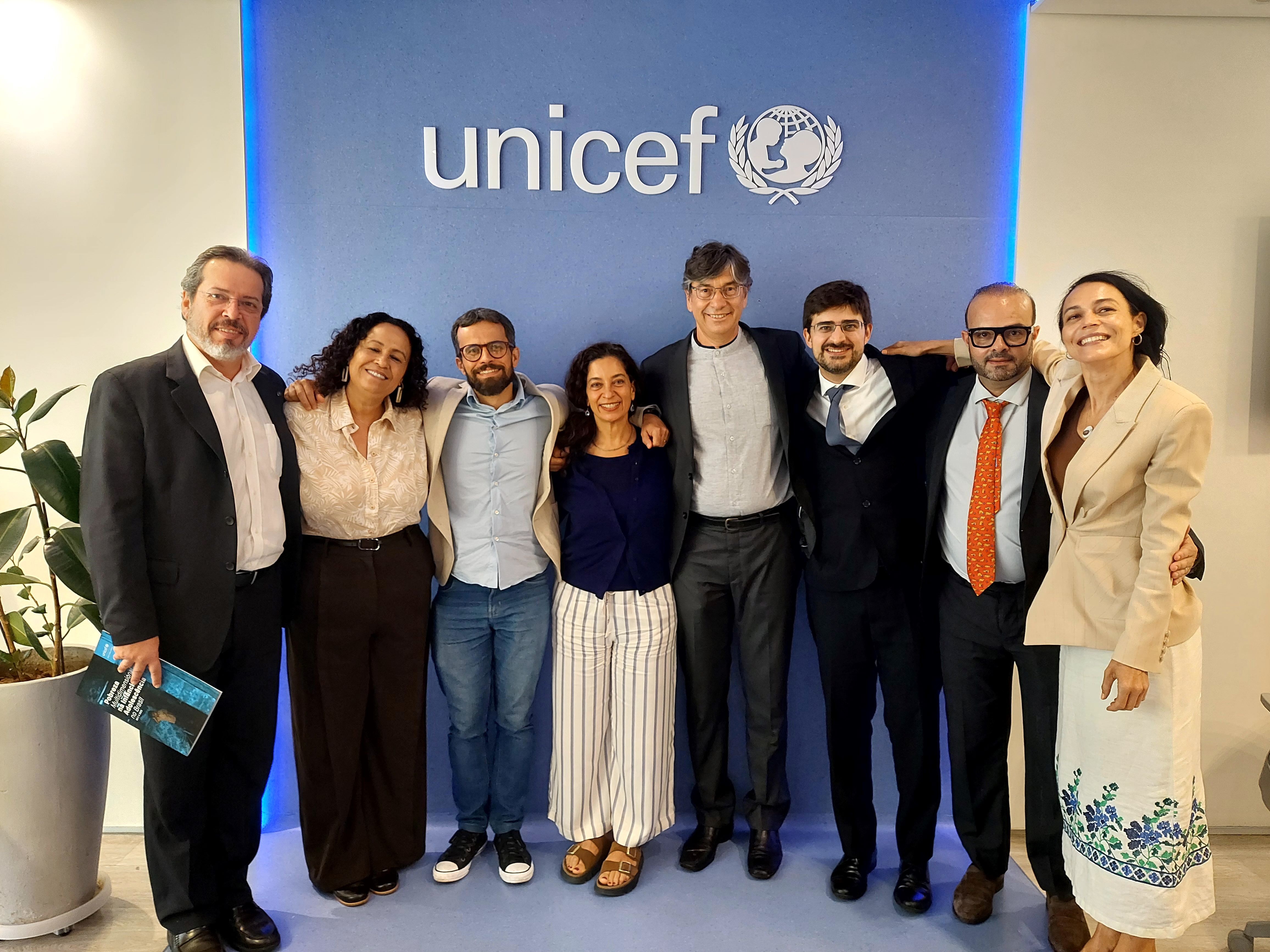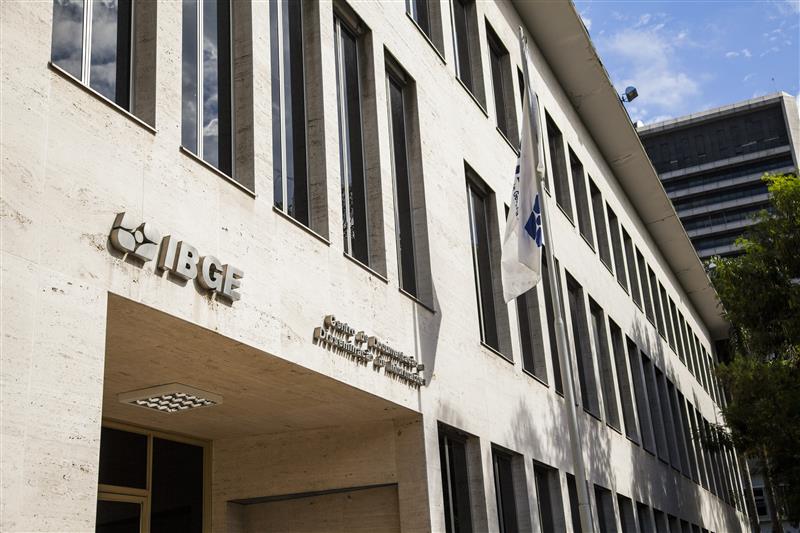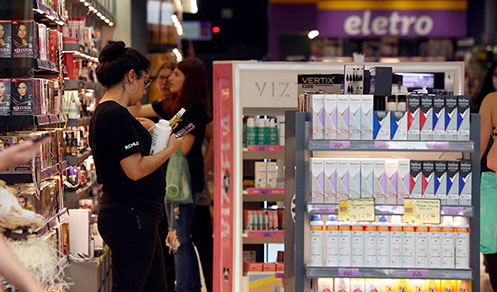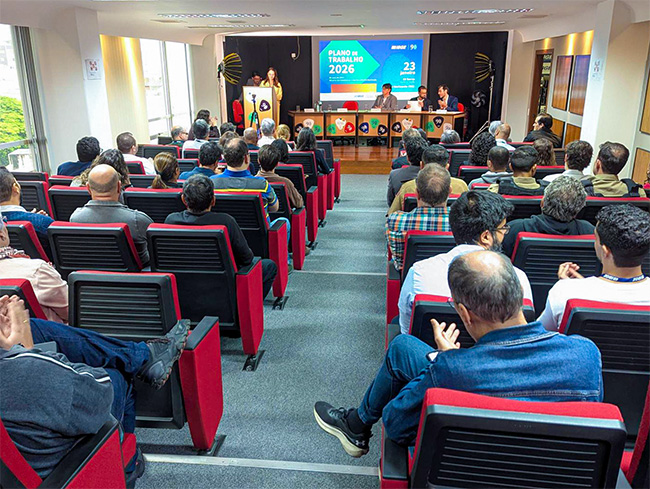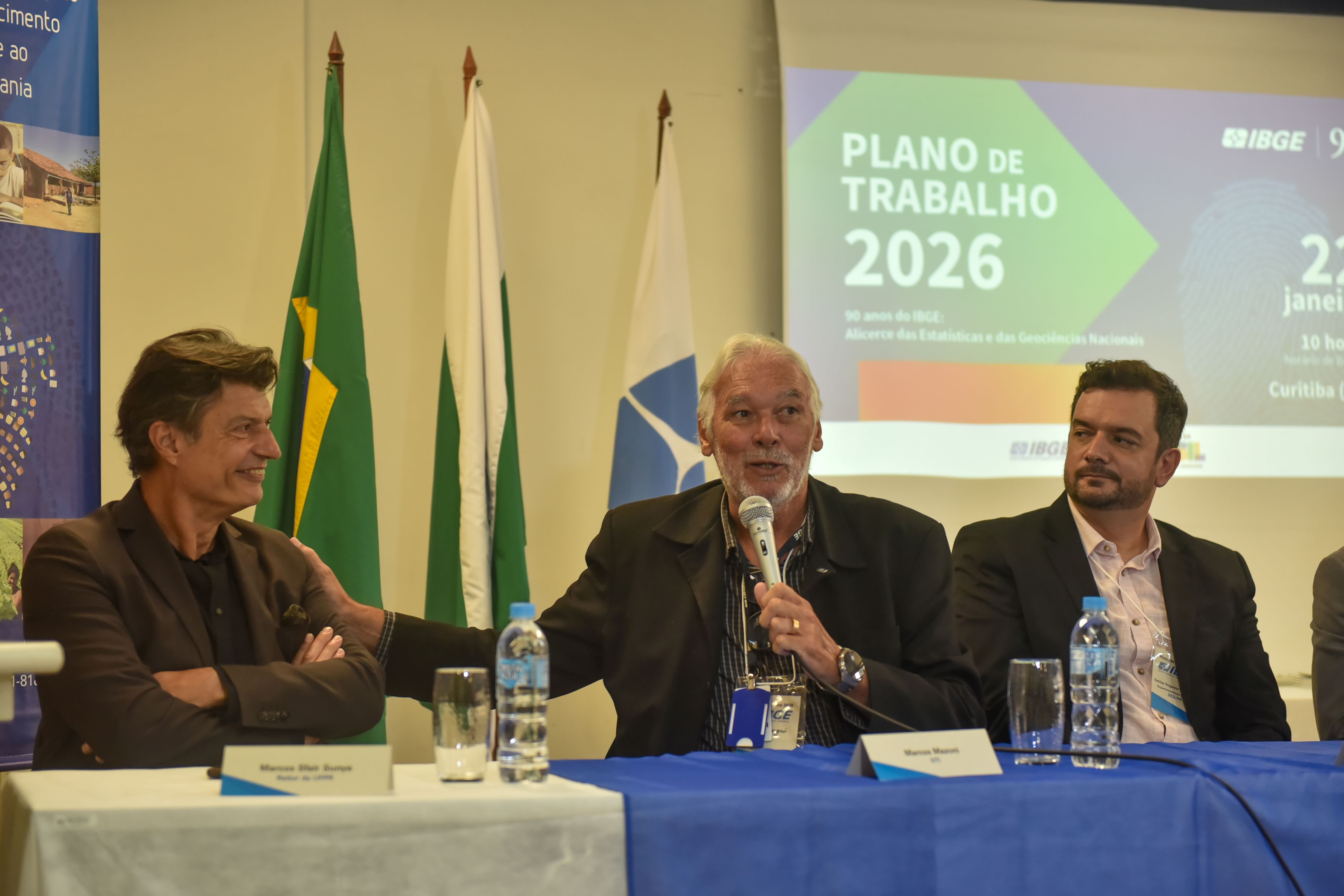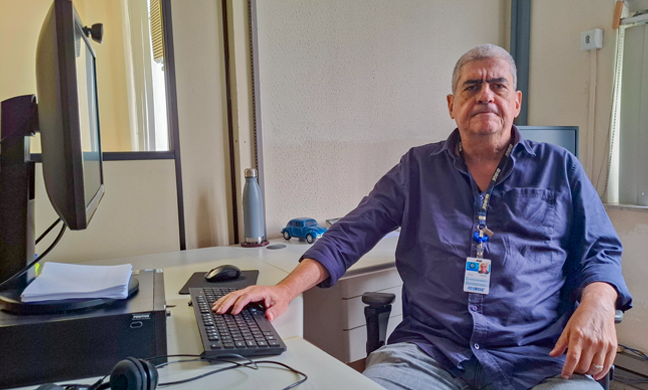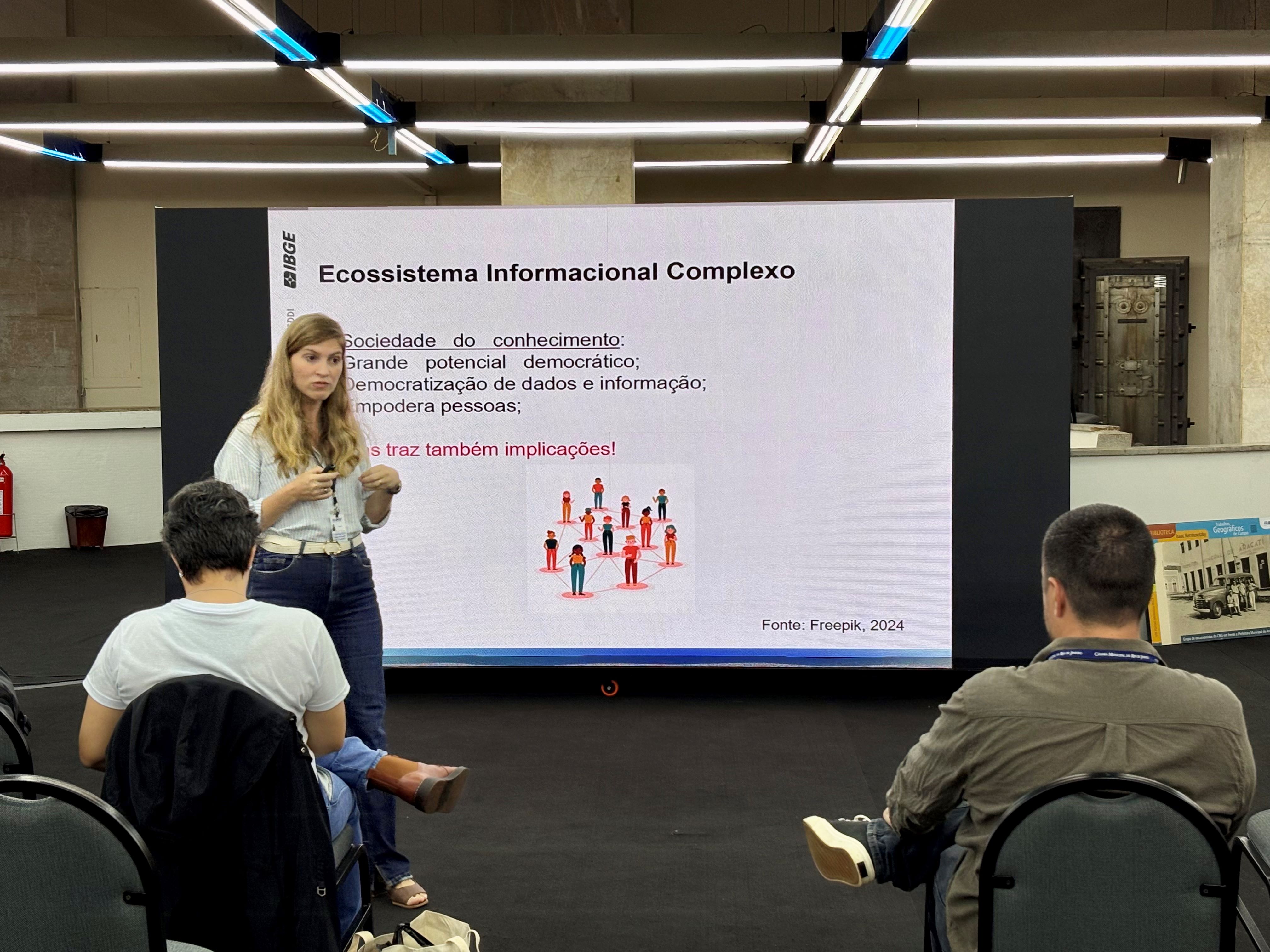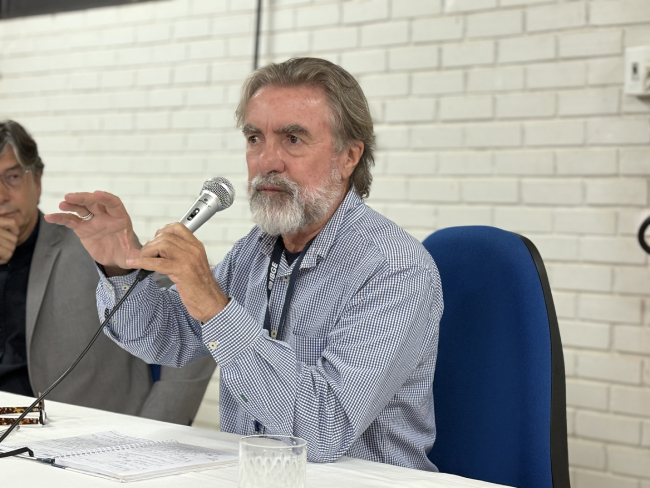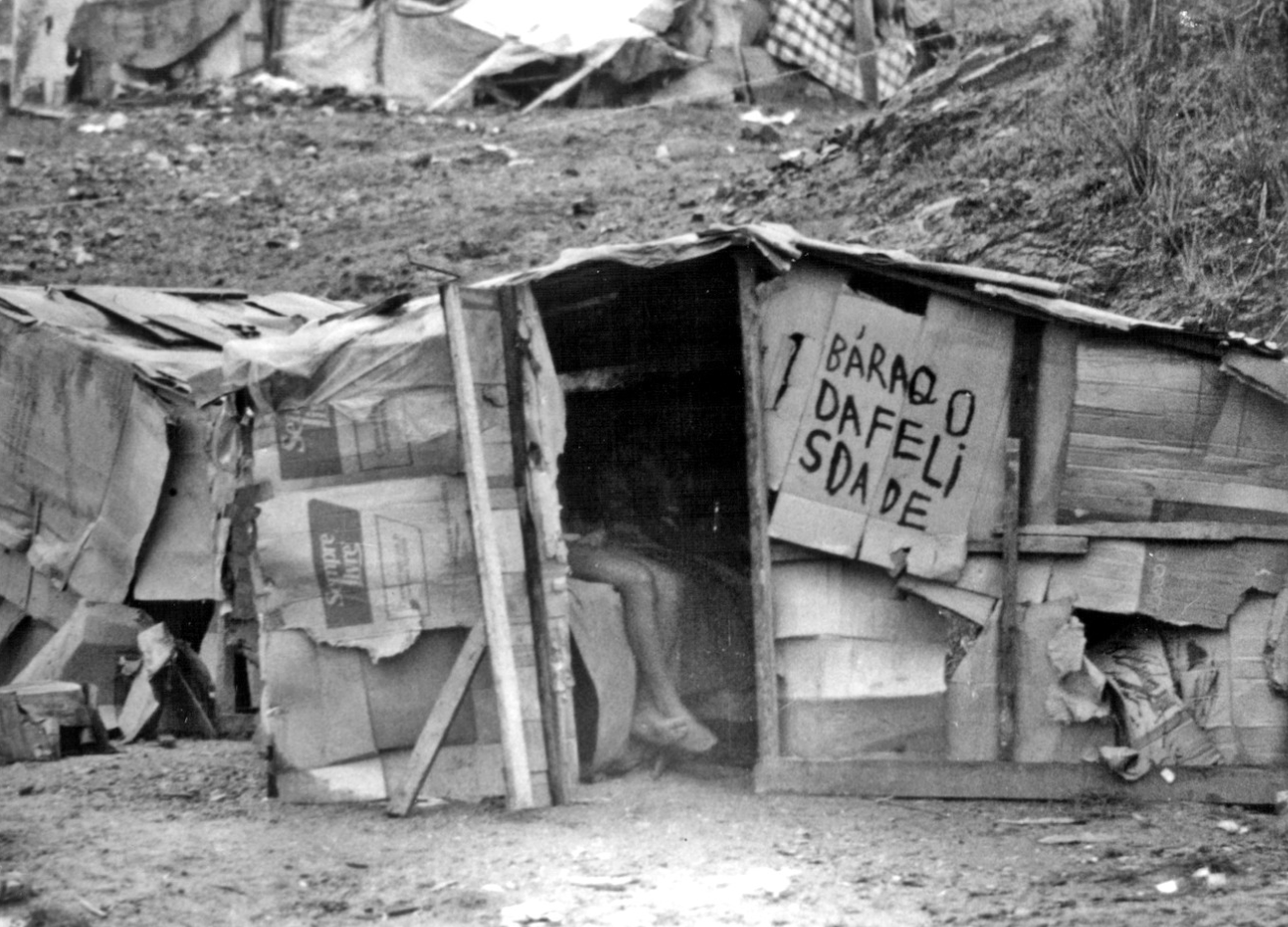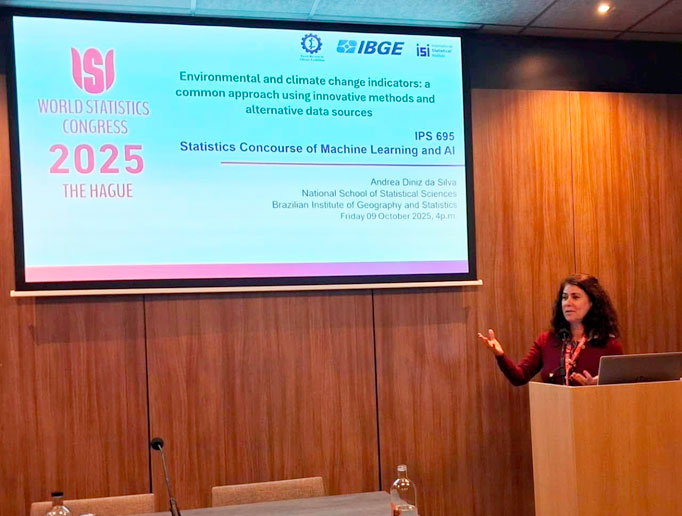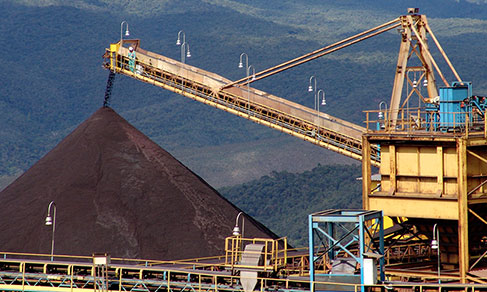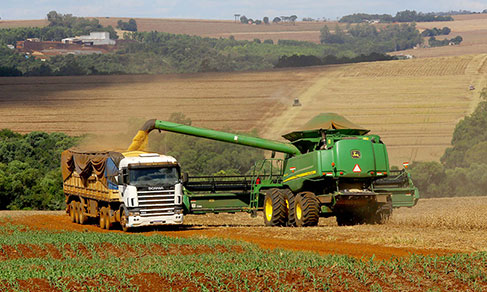2021 Census
Renowned professionals acknowledge the importance of enumerators
March 08, 2021 10h00 AM | Last Updated: March 17, 2021 02h21 PM
Highlights
- Renowned professionals such as television host Ana Maria Braga and journalist Pedro Bial speak about the fulfillment and learning acquired from their experience as IBGE enumerators.
- Registration for the selection process for the 2021 Census is open until March 19, for candidates applying for the enumerator position, and until March 15 for enumeration agents.
- Vacancies amount to over 200 thousand and are available in nearly every city in Brazil.
The 2021 Population Census will employ 181,898 enumerators, professionals who will visit every housing unit in Brazil, in order to interview residents. As workers in one end of our country’s most important data collection operation, they play an essential role to make the census operation viable. It is worth mentioning that professionals taking part in every step of the census will follow strict security and safety protocols adopted by the IBGE, mainly concerning best practices to prevent and combat Covid-19.
The census, which is conducted every ten years, presents a profile of the Brazilian population and of their living conditions. Information provided about all municipalities in the country helps in the elaboration of public policies for the benefit of citizens and their communities. Registration for the selection process for the 2021 Census is open until March 19, for candidates applying for the enumerator position, and until March 15 for enumeration agents. In this article, renowned professionals such as television host Ana Maria Braga and journalist Pedro Bial speak about the fulfillment and learning acquired from their experience as IBGE enumerators.
“Participating in the Population Census is a great opportunity not only because you can develop skills in different areas – such as dealing with people, knowledge of your locality, gaining professional experience –, but also because of the awareness that the enumerated person is contributing to a very important mission to our country”, says the IBGE’s Human Resources coordinator, Bruno Malheiros. He recommends that those who are in doubt about the relevance of the job should seek information from someone who has already been an enumerator or did some kind of work with the IBGE. There are many good examples, even among personalities who stand out today in various fields.
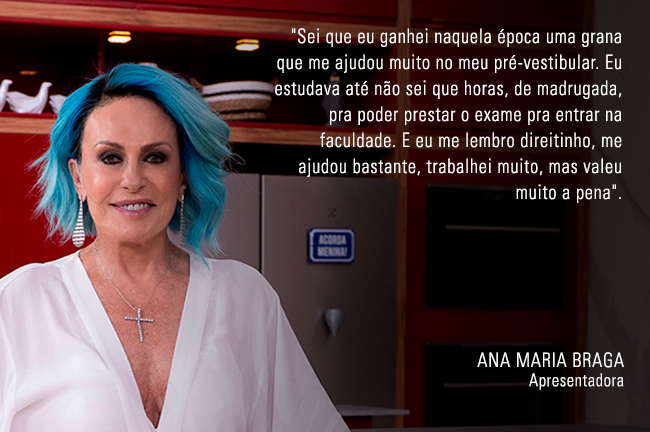
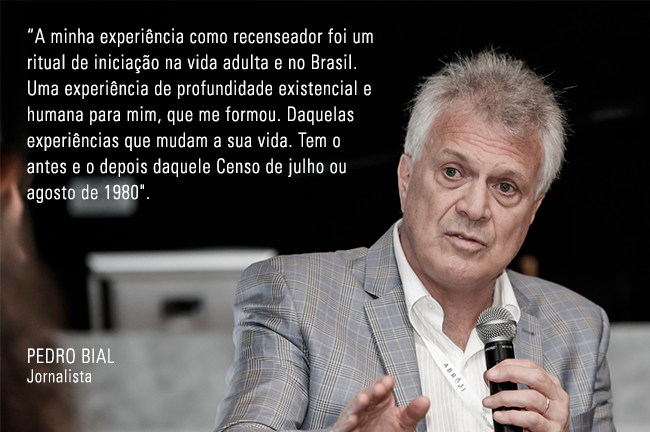
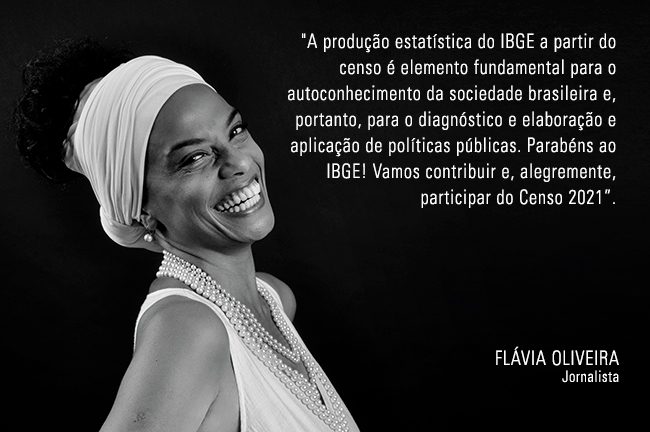
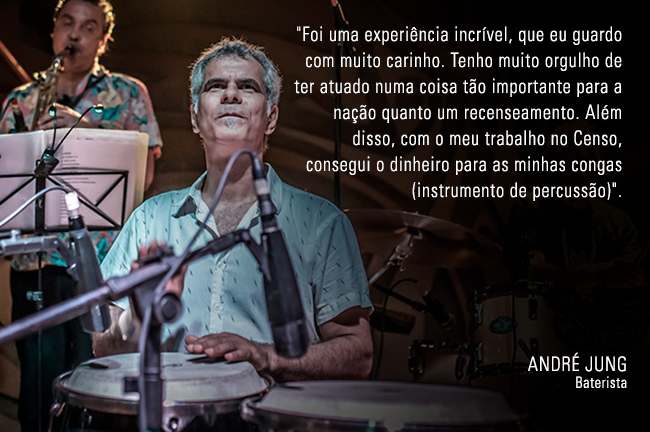
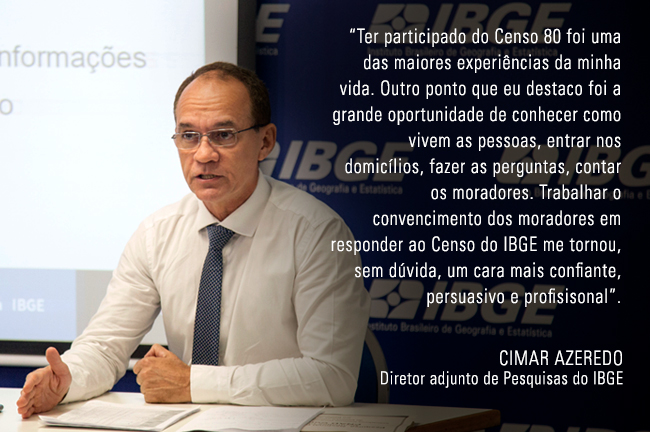
TV host Ana Maria Braga saw in the 1970 Census an opportunity to earn income at a time when she was preparing to take her university entrance examination. She says she worked in a department with four more college students. “I know that at that time I won some money that helped me a lot. In preparation for the university entrance examination, I used to study until dawn . And I remember very well that job helped me a lot and that I worked hard, but it was worth it”.
Pedro Bial, a journalist and host of Conversa com o Bial, a shown on Globo TV channel, says that the experience with the 1980 Census, at the age of 22, was an initiation rite into adult life and into knowledge of Brazil. For him, it was a deep existential and human experience that helped in his development. “It is one of those experiences that changes your life. There is the “before and after” that July or August 1980. I was entrusted with a block in Copacapana, called Posto 6, between Barata Ribeiro street and Nossa Senhora de Copacabana avenue, with many buildings with hundreds of apartments. I think, in all, I did more than hundreds of apartments, I did thousands. I went knocking from door to door, coming inside, seeing the most different family configurations, people, individuals, families, income levels. And I got involved, as I already had the makings of a reporter, filled out the form, but kept watching. That was a movie, more than a movie, a series, and it prepared me for life”, Mr. Bial recalls.
Globonews TV channel journalist and commentator Flávia Oliveira highlights her connection with the IBGE, as a high school statistics student at ENCE (National School of Statistical Sciences) and as an intern at the IBGE economics department at the former Madureira headquarters. “The intimacy that statistical education gave me with numbers, with the ability to analyze, interpret and tabulate was decisive for the type of journalist that I’ve become”, recalls Flávia.
André Jung was a drummer for the bands Titãs and Ira!. He participated in the 1980 Census, while studying journalism at ECA (School of Communications and Art at the University of São Paulo) in the beginning of his musical career. “I was dying to buy some conga drums (percussion instrument) and the money that I would earn as enumerator would be perfectly enough. Then, I enrolled for the selection process, did the exam, passed it, went for the training and started working, applying questionnaires in households in the Sumarezinho neighborhood, in São Paulo. It was an incredible experience, which I cherish with affection. I am immensely proud to have worked in something as important to the nation as a Census”, said Jung in 2018, in an interview for the IBGE’s Retratos Magazine.
Currently a deputy director of surveys at the IBGE, Cimar Azevedo also participated in the 1980 Population Census and tells how this decision marked his life. “It was one of my best experiences. It was a great opportunity to get to know how people live, come into their households, ask questions, count the residents. Working convincing residents to respond to the IBGE Census, made me, without a doubt, a more confident, persuasive and professional guy”.
In 2019, filmmaker Zelito Viana and actor Marcos Palmeira, father and son, also talked about their relationship with the IBGE for Retratos Magazine, after making the documentary O país é este. Directed by Zelito and hosted by Marcos Palmeira, the documentary was released in 2002 and shows Brazil through the data of the 2000 Census. The director said that the inspiration was the 2000 Census. “It was great, and we had a lot of fun”, says Zelito. Marcos Palmeira highlights that it was his first contact with the IBGE, and, for him, it was very enlightening. “It was more of a learning experience having spoken about the numbers and people, not in a didactic, but in a practical way. It was a remarkable experience not only for me, but for the whole team”, concludes Mr. Palmeira.
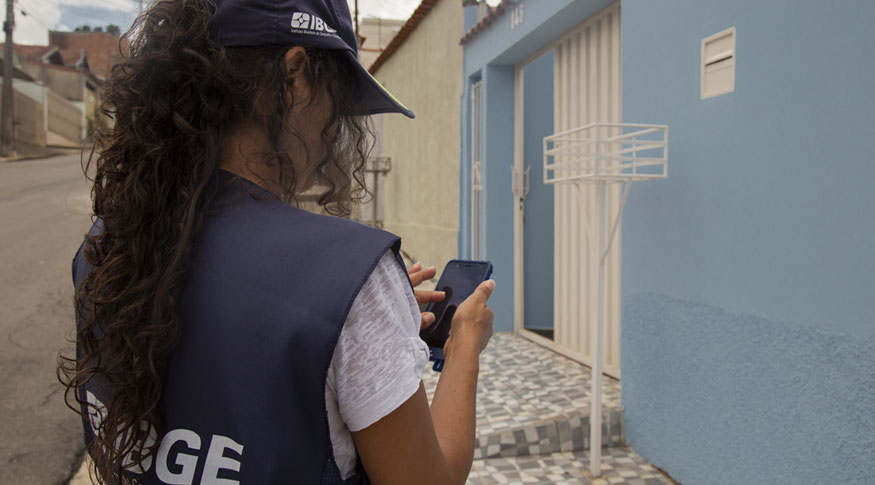
Read the complete interviews below:
Ana Maria Braga, apresentadora do programa Mais Você da TV Globo
I was preparing for the university entrance examination in São José do Rio Preto and I had no money. Then, the IBGE registration to work in the Census came up, and I did an area, the Boa Vista neighborhood, together with other four college students. We knocked from door to door. At that time, there was no such a thing as receiving a map done by Google, so, they gave you an area, as if it were those city maps with streets, and then you had to go under rainfall, or on sunny, hot days.
So I knocked from door to door; I was always accompanied by one more person. It was necessary to count how many people lived in the house, list their age, profession, level of schooling. I had to ask how many refrigerators there were, if they had one, if they had a stove, if they had a telephone, a car. Anyway, but it was a complex questionnaire, and it was all on paper, and you filled in all that by hand.
The more houses you visited, the more you finished your work, the area coverage. And it was a work of trust because the person could say that they had been there but had not. Nowadays, there must be more advanced methods, I would even like to know. I know that at that time I won some money that helped me a lot in my university entrance examination. I studied until I do not know what time, at dawn, to be able to take the exam to enter college. And I remember that very well, it helped me a lot, I worked hard, but it was worth it. That is it! Send a kiss to the IBGE staff! Super kisses! Have a beautiful day!
Pedro Bial, journalist and host of Conversa com Bial at TV Globo
My experience as an enumerator in 1980 Census, when I was 22 years old, was an initiation rite in adult life and in Brazil. It was an experience of existential and human depth for me, which taught me. It is one of those experiences that changes your life. There is the before and after that July or August 1980, middle of the year.
I was entrusted with a block in Copacapana, at Posto 6, between Barata Ribeiro street and Nossa Senhora de Copacabana avenue, with many buildings with hundreds of apartments. I think, in all, I did more than hundreds of apartments, I did thousands. I went knocking from door to door, coming inside, seeing the most different family configurations, people, individuals, families, income levels. And I got involved, as I already had the makings of a reporter, filled tout he form, but kept watching. That was a movie, more than a movie, a series, and it prepared me for life, for Brazil, for the being a reporter.
I got emotional many times. It was an extraordinary thing; and, when I say it was an initiation rite it is because I still lived with my mother and, during the Census, I made the decision move out. But I worked hard; it was my ticket to adulthood.
The experience of an enumerator is not only the experience to be contributing to Brazil’s project, to something big, collective, an ideal of society; but it is also, a personal, individual experience, each one of those people with whom I had contact, in whose houses I entered, shaped me not only as a citizen, but also existentially, in terms of my sensitivity towards the other, of the differences. Copacabana, a place where there is everything, a lot of it. That was my Census.
Flávia Oliveira, journalist and commentator at Globonews
My relationship with the IBGE dates back to the 1980s. In 1984, I started to study at the National School of Statistical Sciences – ENCE, a teaching unit maintained by the IBGE, but which, at that time, had a high school technical course. I took the technical course in statistics, so I have a background in statistics that, without a doubt, was decisive form my joining the the economic journalism field. The intimacy that statistical education gave me with numbers, with the ability to analyze, interpret and tabulate was decisive for the type of journalist that I’ve become. Until today, IBGE’s figures and statistical production are essential in my work as journalist for economic and social issues.
In 1986, the last year of the technical course in statistics, I did an internship at the former headquarter of IBGE in Mangueira, in the Economics department. I did a sample review of the economic census forms. Then, there is a very intense connection for I studied at IBGE’s facilities, for having been an intern and, therefore, for having worked for a short time at IBGE Mangueira, an emblemactic location which no longer exists. And, throughout my professional career – 28 years of journalism – I have also been using information and production from theIBGE to anchor my journalistic work.
I am sad for the postponement of the 2020 Census to 2021 due to the pandemic; and my happy for seeing the restart of operations in preparation for this survey, which is the most important diagnosis about Brazilian society, about living conditions, income, access to education and household. The statistical production of the IBGE from the Census is a fundamental element for the self-knowledge of Brazilian society and, therefore, for the diagnosis, elaboration, and application of public policies. Congratulations to the IBGE! We will contribute and happily participate in the 2021 Census.
André Jung was a drummer for the bands Titãs and Ira!
In 1980, I was studying journalism at ECA (School of Communications and Art at the University of São Paulo), although I was really focused on studying music. My career as a musician was still beginning, but I already knew that this was the profession I wanted. It was at that time I saw an article about the IBGE selection process for the 1980 Census. I was dying to buy some conga drums (percussion instrument) and the money that I would earn as enumerator would be perfectly enough. Then, I registered for the selection process, did the exam, passed it went for the training and started working, applying the questionnaires in households in the Sumarezinho neighborhood, in São Paulo.
It was an incredible experience, which I cherish with affection. I am immensely proud to have worked in something as important to the nation as a Census. In addition, with my work in the Census, I got the money for my conga drums! They were already being manufactured because they were made to order by a craftsman. And I went to get them as soon as I got the money. These conga drums accompanied me in my career. In April 1981, I started playing at Titãs and recorded our first album. I was the drummer for the band, but I played percussion on many songs. And on the track Querem Meu Sangue, which Nando Reis sings, I played a little solo with the conga drums.
Cimar Azevedo, deputy director of surveys at the IBGE
“My name is Cimar Azevedo, I am an enumerator from the IBGE, and I am here to conduct the 1980 Census interview, the Census is very important for us to know where we are, how many we are, how we live….”. I repeated this text at every house. In 1980, I was 19 years old, lived in Santo Antônio de Pádua (RJ), had just served in the military corps, and was hired by the IBGE to be an enumerator during the 1980 Census. It was my first job.
Arriving at the houses of the poorest people at lunch time and seeing what they were eating, it was hard, sometimes I came home with teary eyes. I also remember the affection of people towards me, it was a small town, in the countryside, I became the “Census guy”.
Moving around the enumeration areas, listing streets, identifying blocks, knocking on doors, coming into houses, and applying the questionnaire was a fantastic experience. I worked in sections of the rural area, of the urban area, I did areas of high income, poorer areas. Each area, each house visited had its peculiarities.
I was preparing to take the entrance examination and this experience was so relevant that it messed up with my choice regarding my career, I even thought about taking the entrance examination for Sociology. At the time, I was the enumerator who surveyed most households. What I earned gave me the autonomy to go to Niterói (RJ) to take the university entrance examination.
Having participated in the 1980 Census was one of the biggest experiences of my life. Another point that I highlight was the great opportunity to get to know how people live, come into their households, ask questions, count the residents. Working convincing residents to answer the IBGE Census questionnaire made me, without a doubt, a more confident, persuasive, and professional guy.



